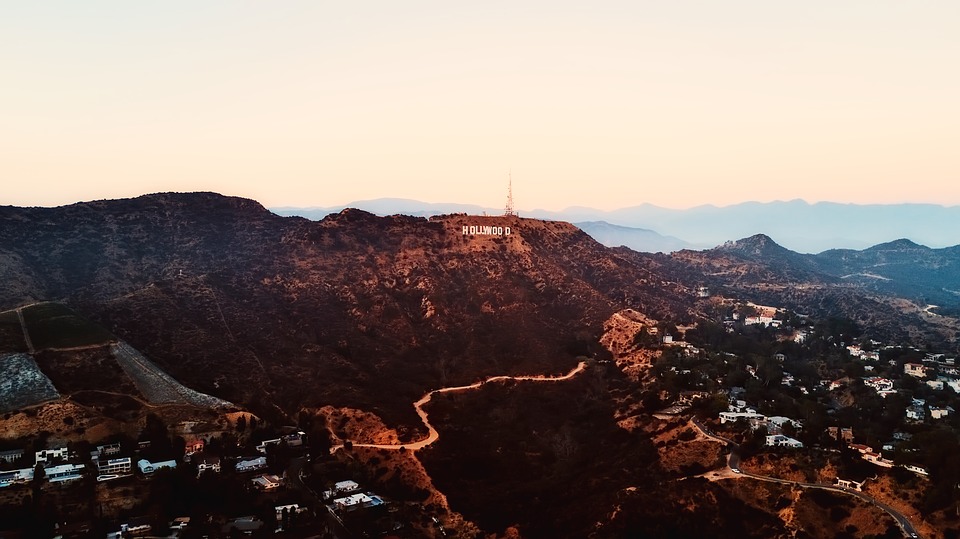Though the passage of California’s Proposition 64 green-lights retail sales of recreational cannabis beginning Jan. 1, 2018, being able to acquire and imbibe cannabis hinges on local cities and counties permitting such use. California is scheduled to issue licenses starting Jan. 2 for growing and selling marijuana for adult’s recreational use, expanding a program that currently allows cannabis use for medical purposes. Herewith are five major developments to keep in mind as you consider California’s cannabis experiment.
- For 20 years, the Golden State has gone green – in a manner of speaking – by allowing the legal sale of medical cannabis. Medical marijuana has been legal since 1996 in California, but voters finally approved recreational pot through Prop 64, the ballot measure last November that legalized marijuana, which is set to take effect in January. Therefore the argument could be made that Californians are better equipped to handle the criminal law, political, and economic aspects associated with recreational marijuana … or are they?
- It’s not all a bed of roses. California is swimming in so much pot that the wholesale price has been falling sharply in recent years and any pot sold on the legal market in January will have the added regulatory costs of taxes, fees, and mandatory testing for pesticides and other chemicals. That means the market is about to massively be disrupted. In order to stay within the environmental regulations, cultivators will have to spend a lot of money, which means the end product will cost more. The black market operators that choose to operate outside the legal market will likely sell their crops for a cheaper price.
- Smoking pot will remain illegal anywhere that cigarette smoking is banned. Californians cannot smoke marijuana in public unless it’s specifically permitted by local ordinance. Under Proposition 64 and controlling landlord-tenant policy, rental leases can ban smoking on the premises, tobacco or otherwise. Even if the contract doesn’t explicitly address marijuana, there are a number of other stipulations – including a “no illegal drug” policy, a nuisance clause, and a rule banning tenants from violating state or federal law – that can be invoked to clamp down on cannabis usage.
- San Francisco won’t issue permits to sell recreational marijuana until it passes new laws to regulate the industry and creates an equity program to help low-income entrepreneurs, people of color, and former drug offenders break into the market. Recently the San Francisco Board of Supervisors introduced legislation confirming that the city — known as the birthplace of the medical marijuana movement in the U.S. — will not have legal recreational cannabis for sale come January.
- California, home to Hollywood, liberals, and the movie industry, has always been ahead of its time. The best and brightest storytellers who have something visionary to say come to la-la land to expose the rest of the world to innovation and insight. California lawmakers have been hammering out recreational marijuana regulations ahead of the Jan. 1 deadline, but one major roadblock is the federal prohibition of cannabis. Cannabis sits in Schedule I of the Controlled Substances Act (CSA), labeled by the government as more dangerous than cocaine and fentanyl. Californians are standing up for what is right: they are lobbying the federal government to reconsider its harsh categorization of cannabis under the CSA to further streamline the implementation of new California laws and ease federal restrictions on scientific studies and banking.
Only time will tell what the third largest state in the U.S. has in store for marijuana. We’ll be breaking down the latest news and views so stay tuned to NewsMunchies.
